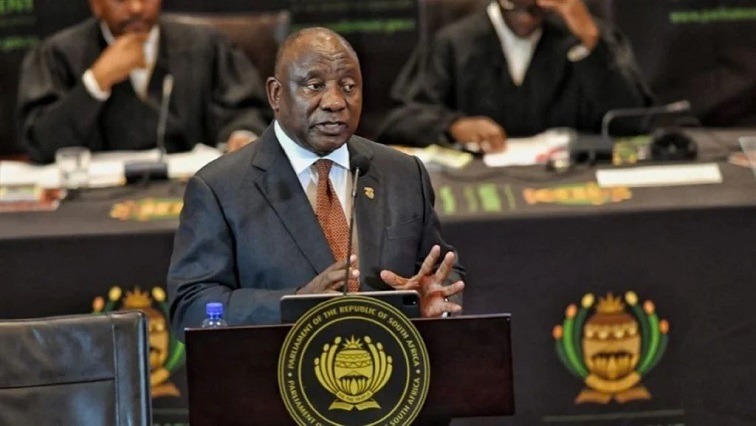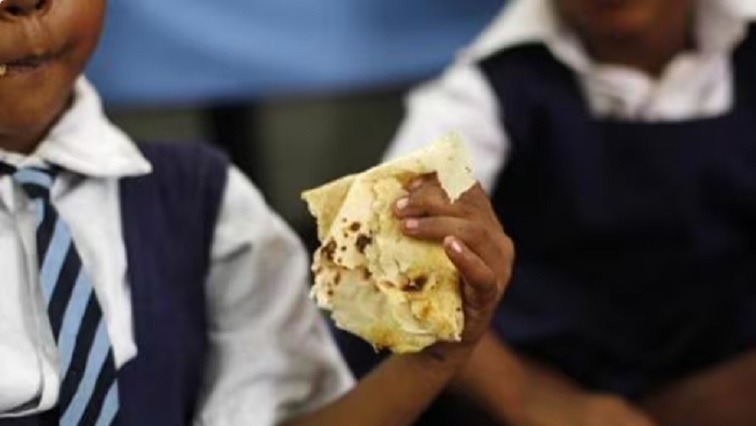-
FILE | A woman walks at the Cape Town International Convention Centre during the G20 Finance Ministers meeting in Cape Town, South Africa
The G20 Health ministers meeting in Polokwane, Limpopo have failed to signed a declaration. This as the United States of America rejected to sign in agreement with the other G20 countries.
The second and final day of the G20 health ministers meeting concluded in Polokwane.
Health and Finance ministers discussed issues around universal health coverage. Some of the key discussions focused on ensuring meaningful progress towards ending AIDS in 2030 and to fight malaria and tuberculosis (TB). They also discussed the impact of climate change and ways to mitigate it.
South Africa’s Health Minister, Dr Aaron Motsoaledi says no declaration was signed as America rejected almost all the key issues, except for ways to fighting non-communicable diseases.
Dr Motsoaledi says the US is not willing to sign in agreement with other G20 countries.
“The US has rejected everything, everything, I’m saying now except the issue or some issues fighting the NCD otherwise, all the other issues they’ve rejected. I forgot the issue of even climate change on earth they don’t believe any climate change. They don’t believe in pandemic preparedness, fighting if in fact right from the beginning they told us even the theme they don’t agree with the theme of solidarity, equity and sustainability in fact they told us if nay declaration had go the word equity, solidarity and they not going to agree, so we know right from there that gender equality or diversity or inclusiveness all those things they told us they are not in agreement.”
Minister Motsoaledi says the final decisions on the global health issues and solutions through universal healthcare collaboration are made by full consensus. He says one country’s refusal affects the entire process to ensure a well coordinated universal healthcare collaboration.
“Whatever declaration we can have won’t include health declaration beyond the fact that is a chairperson’s statement because the overwhelming majority of these countries have accepted everything as I am telling you it is the US. In fact after the meeting many countries came to me after, I briefed them that we are going to issue the minister statement, they emphasized that we include that a overwhelming majority of countries agreed.”
Executive director of Joint United Nations Programme on Aids, UNAIDS, Winnie Byanyima, says the halting of aid from US and other western countries has severely impacted African nations healthcare services. Byanyima says aid cuts led to a humanitarian crisis, with millions at risk of disease outbreaks, such as TB and malaria in African countries, including, Nigeria, Kenya, South Sudan, and South Africa.
“In this region of Africa, the inequality in access to finance is making countries unable to launch effective responses to AIDS and other pandemic the rapid cuts of aid has left many countries in a situation where they need to move quickly domestic financing of the HIV responses. Many of them cannot fill the gap immediately why because they are also very highly indebted paying more to servicing their debts than investing in the health of their people.”
Other countries who were in attendence believe that if 15% of the Gross Domestic Product, GDP, is allocated to the health sector in the low and middle income countries, especially on the African continent, health challenges such as malaria, TB and HIV will be eradicated.
The G20 health ministers meeting is the final one ahead of the G20 leaders summit in Johannesburg later this month.







